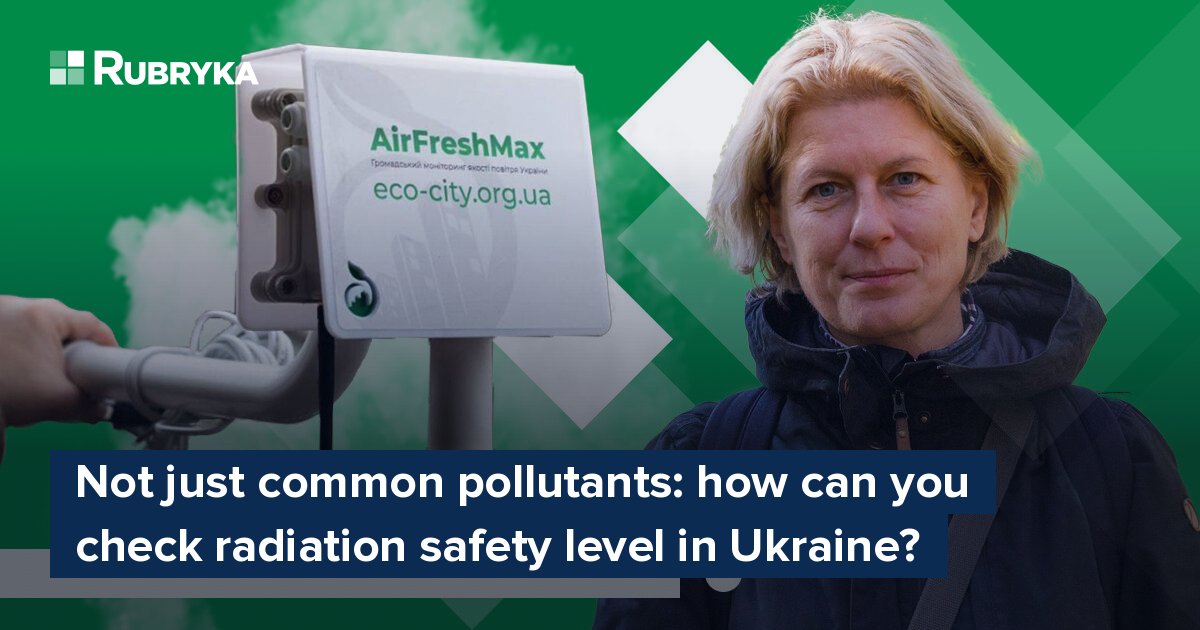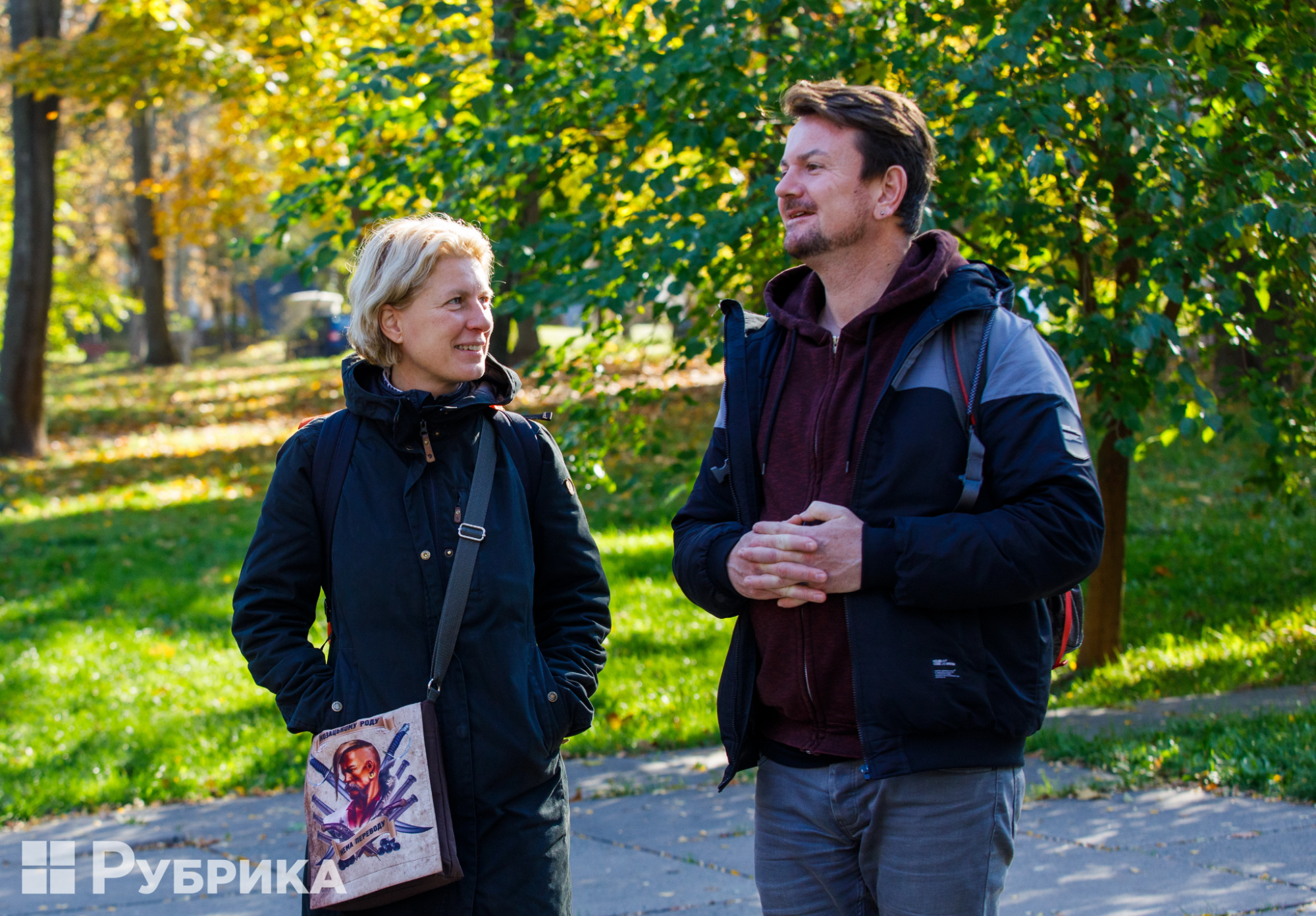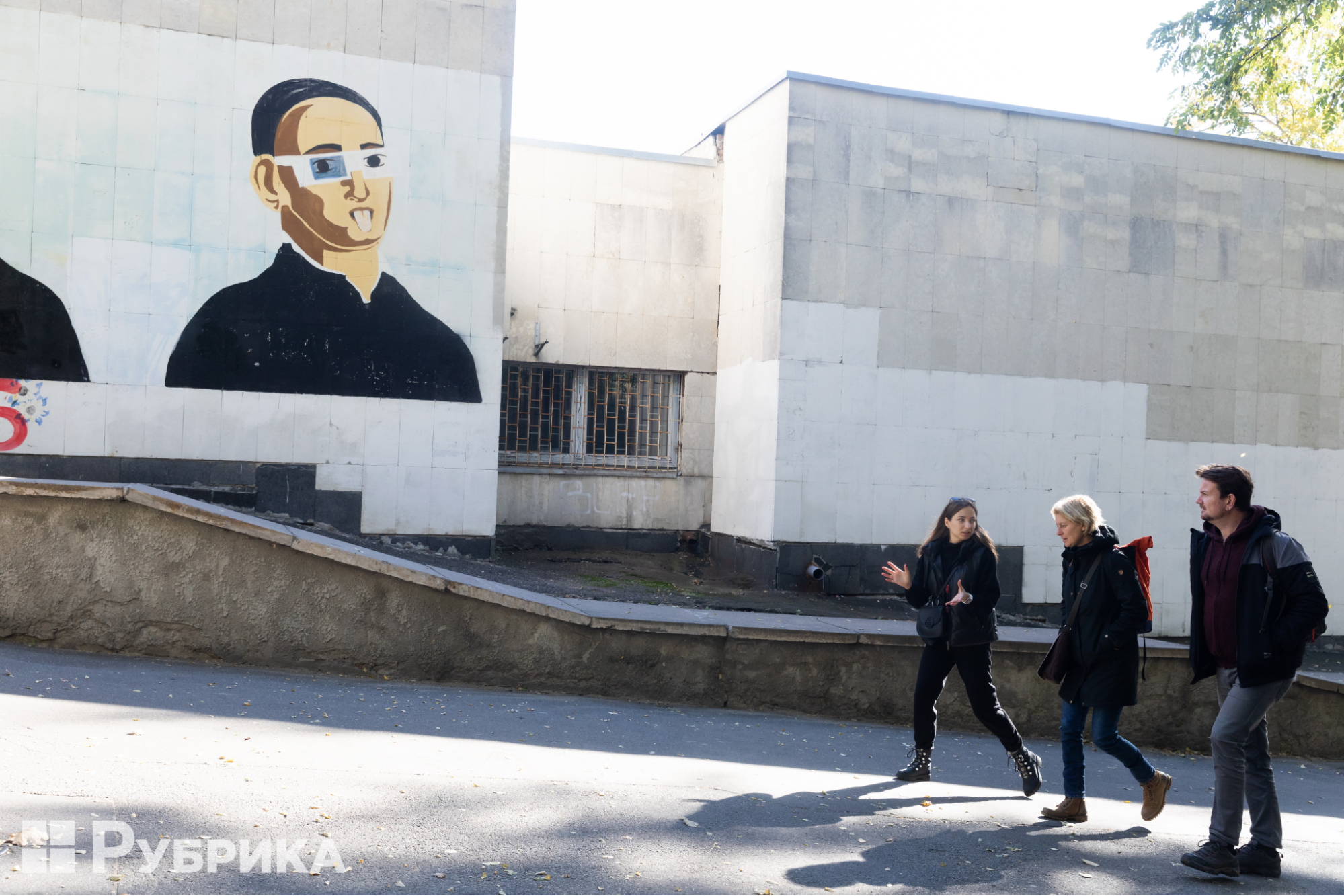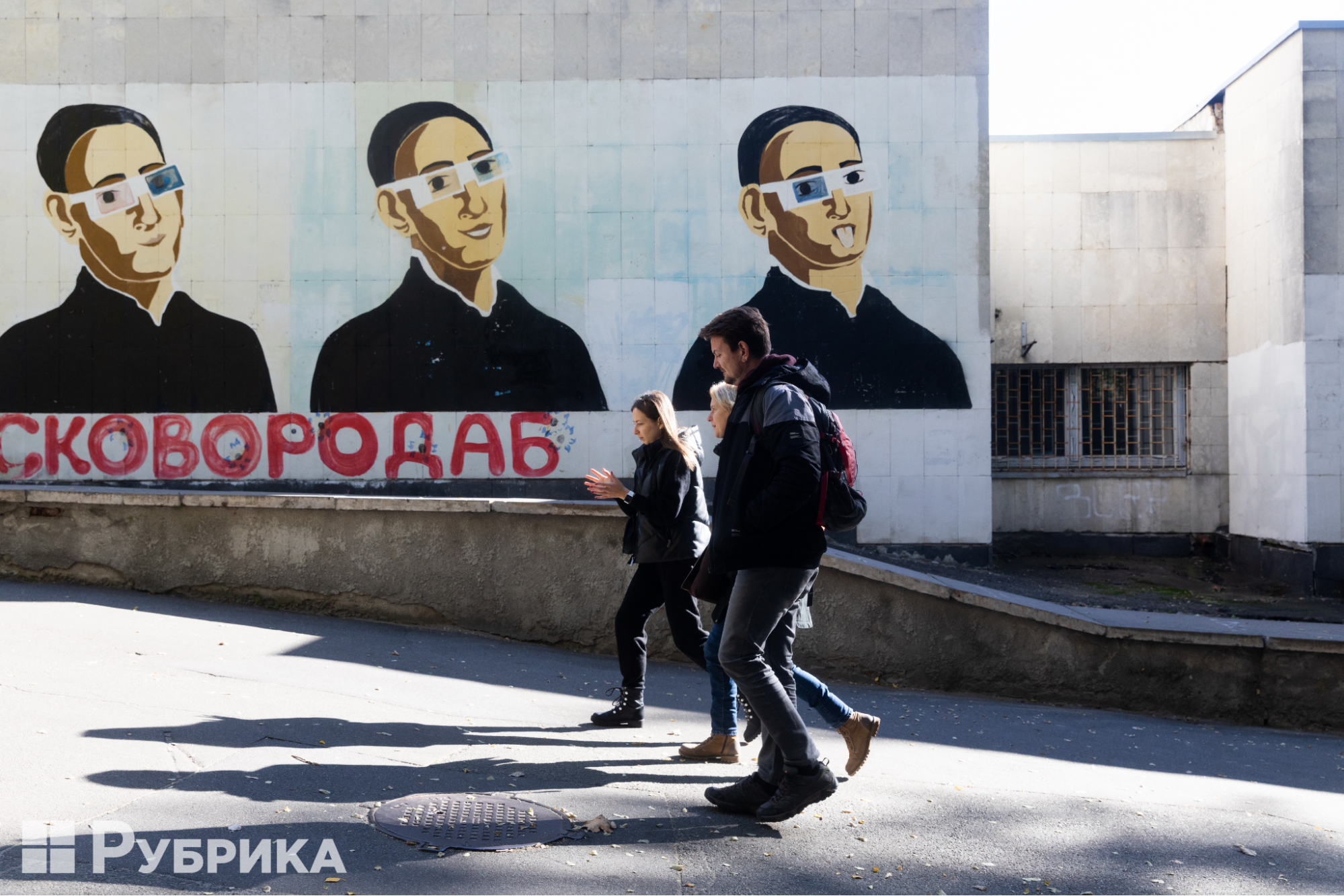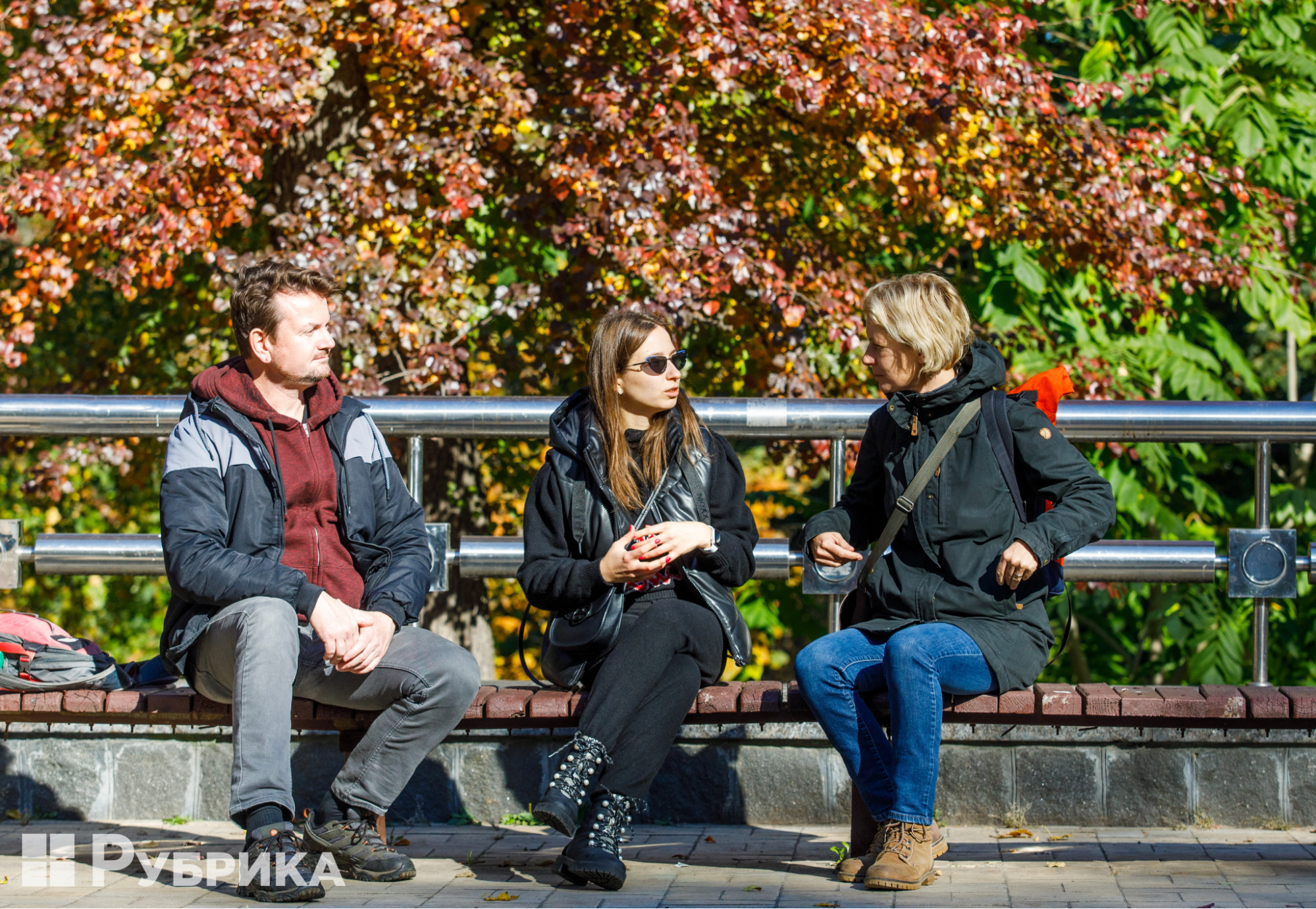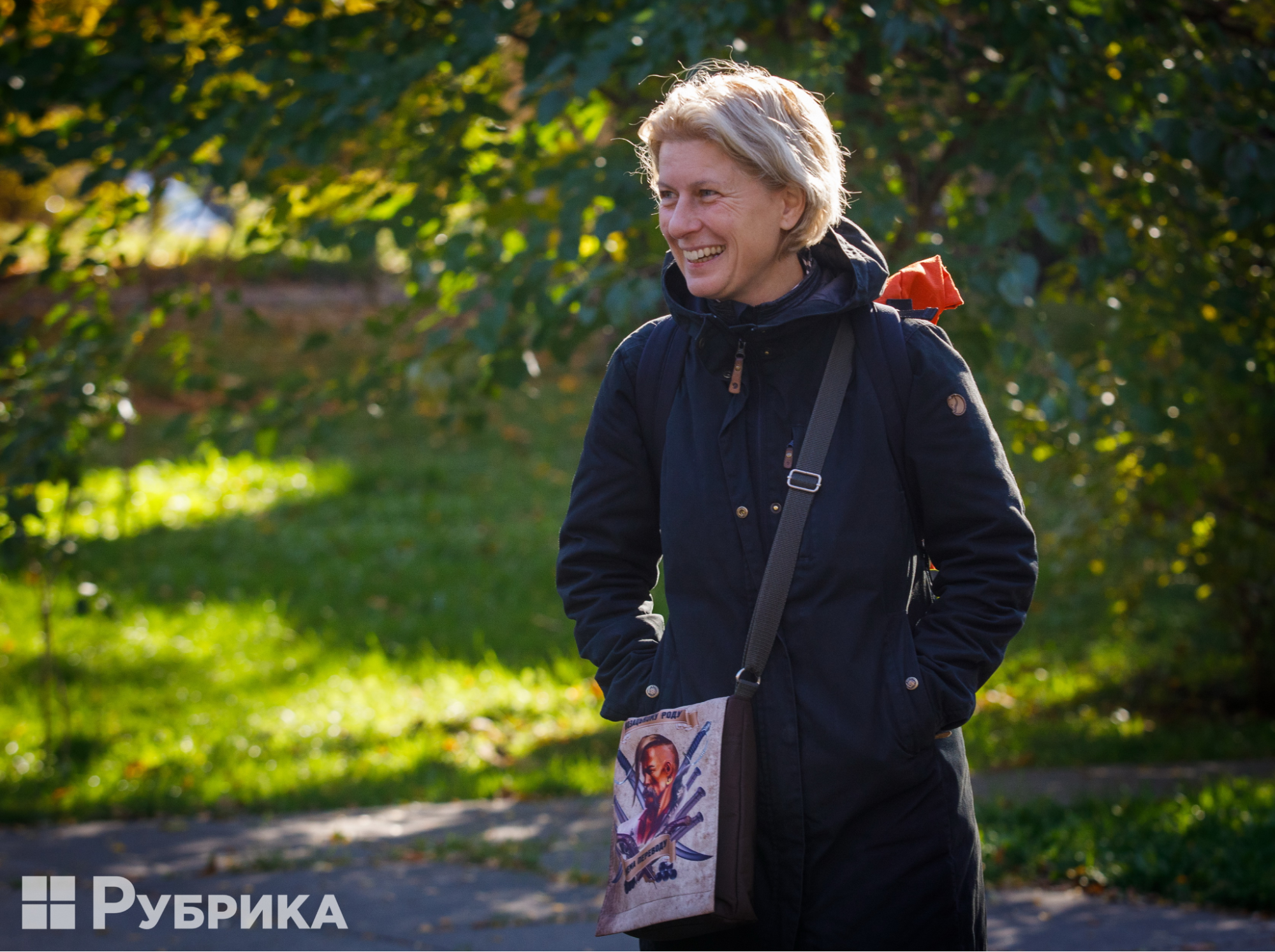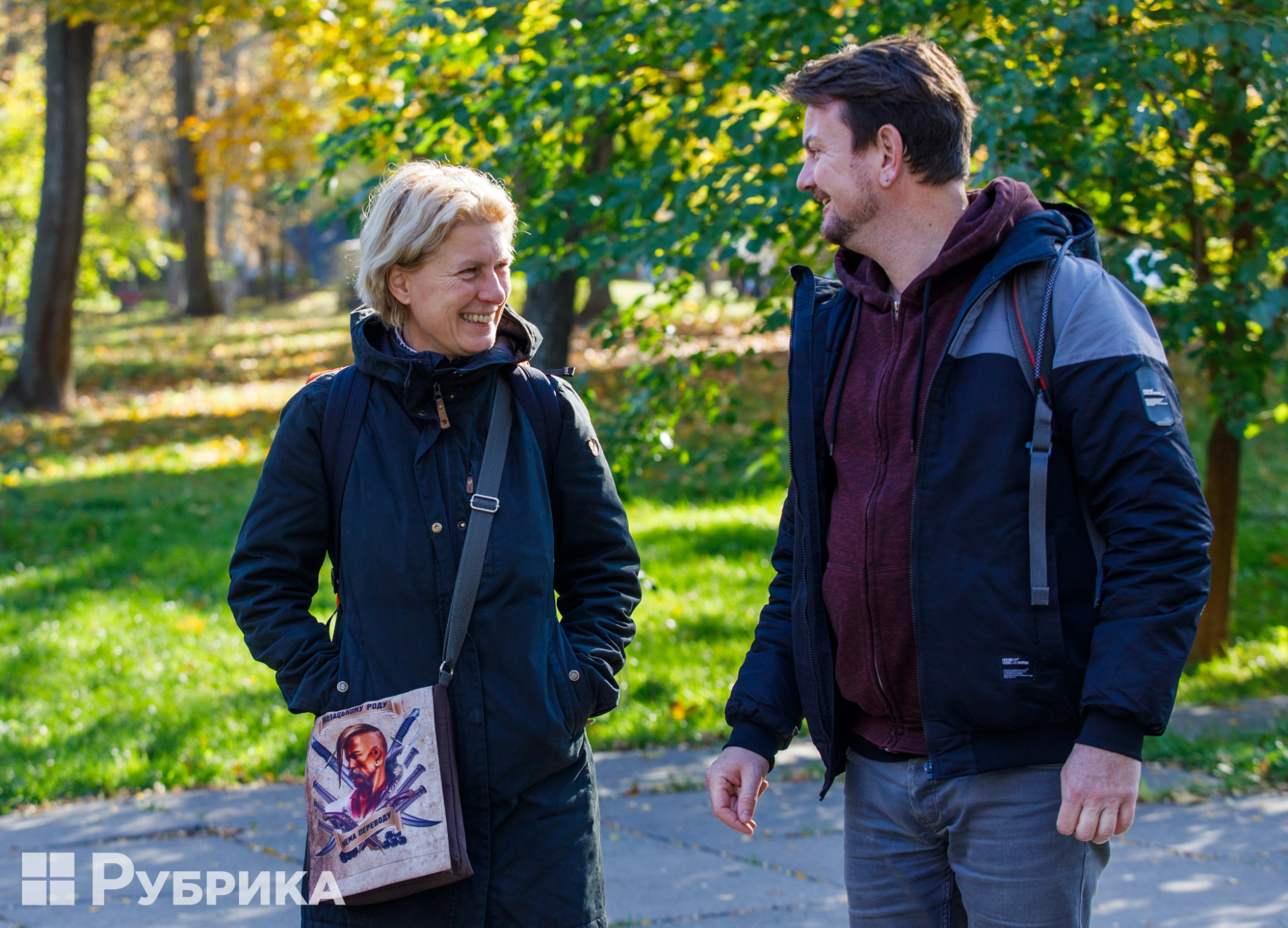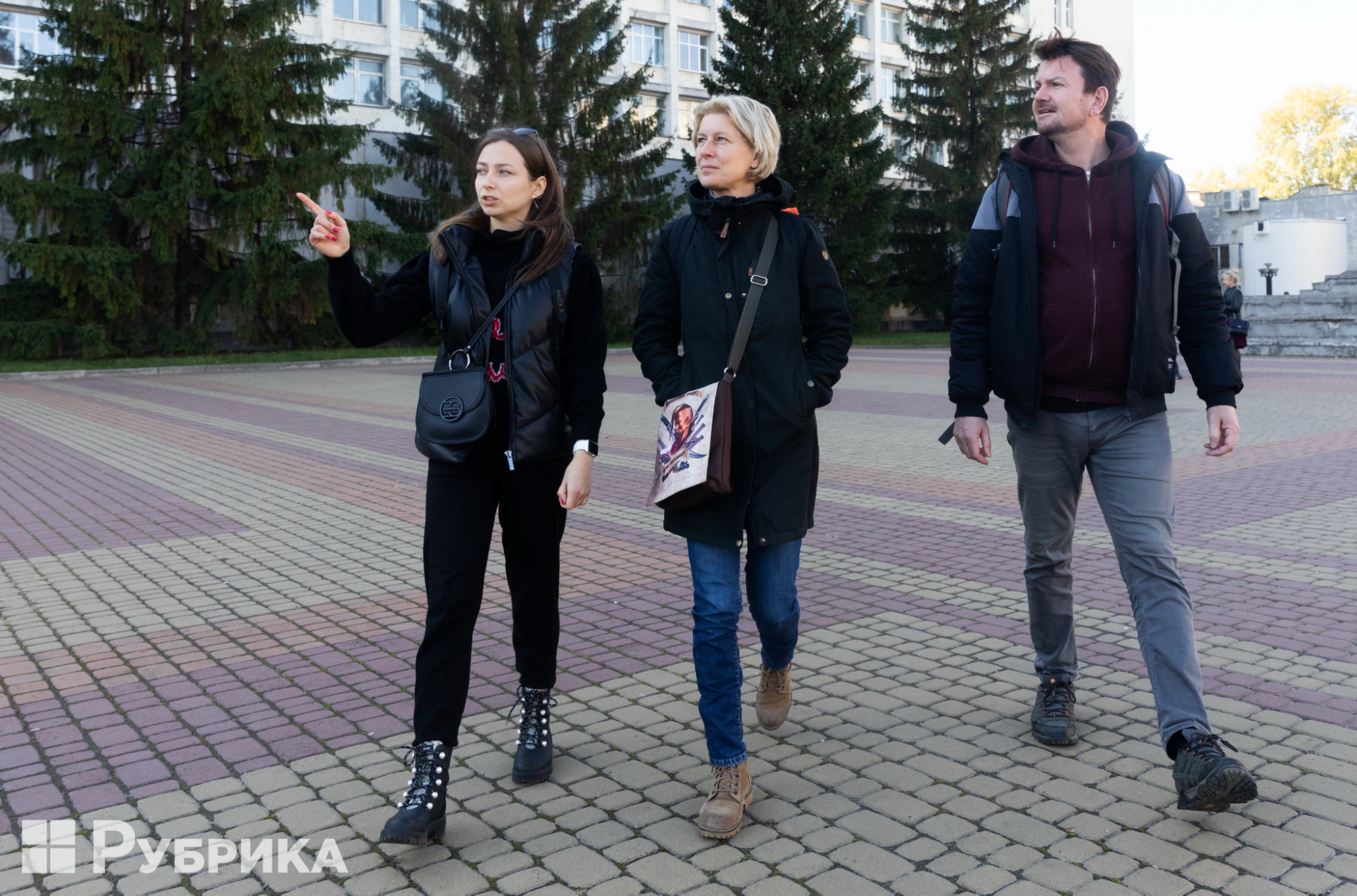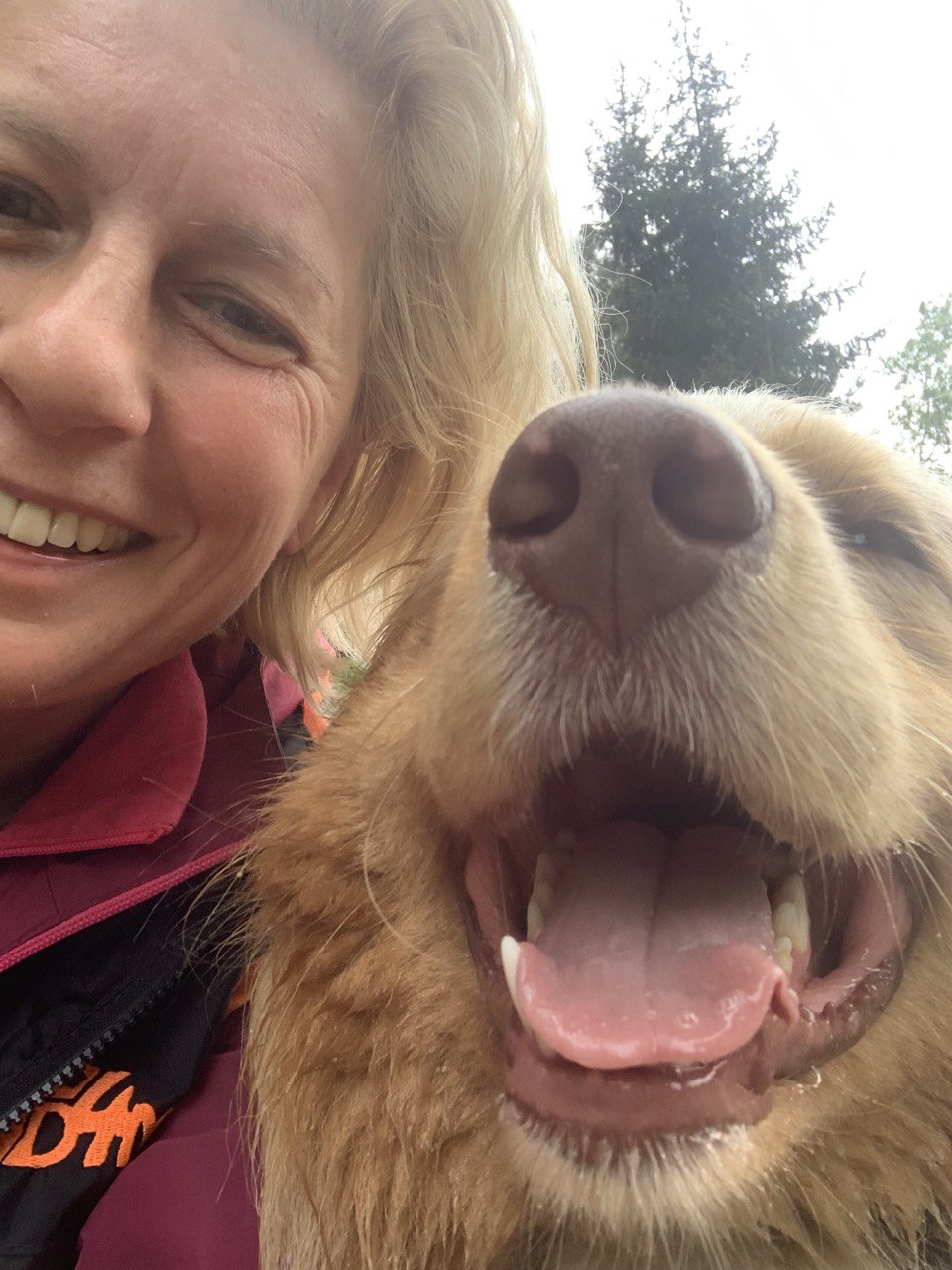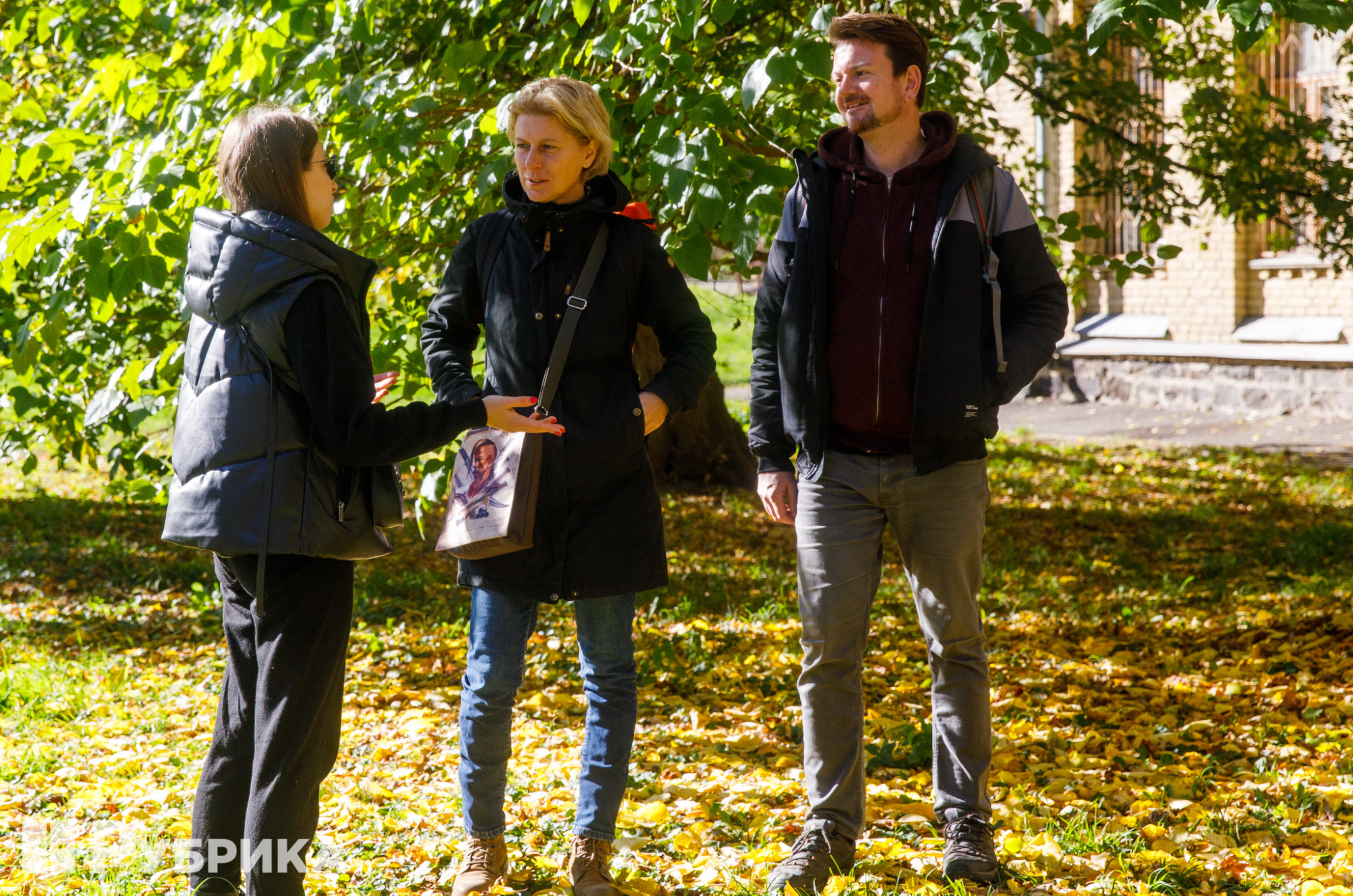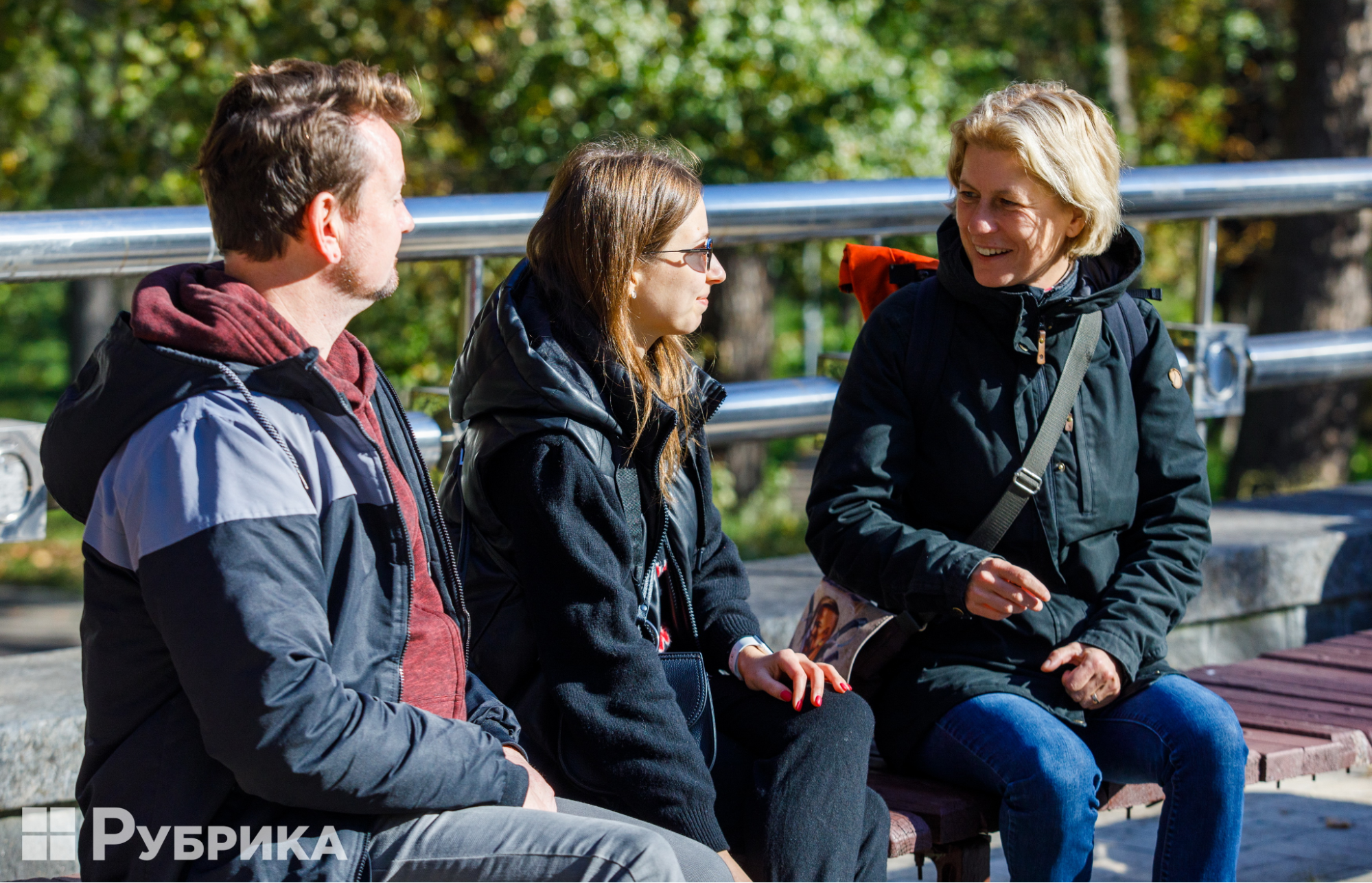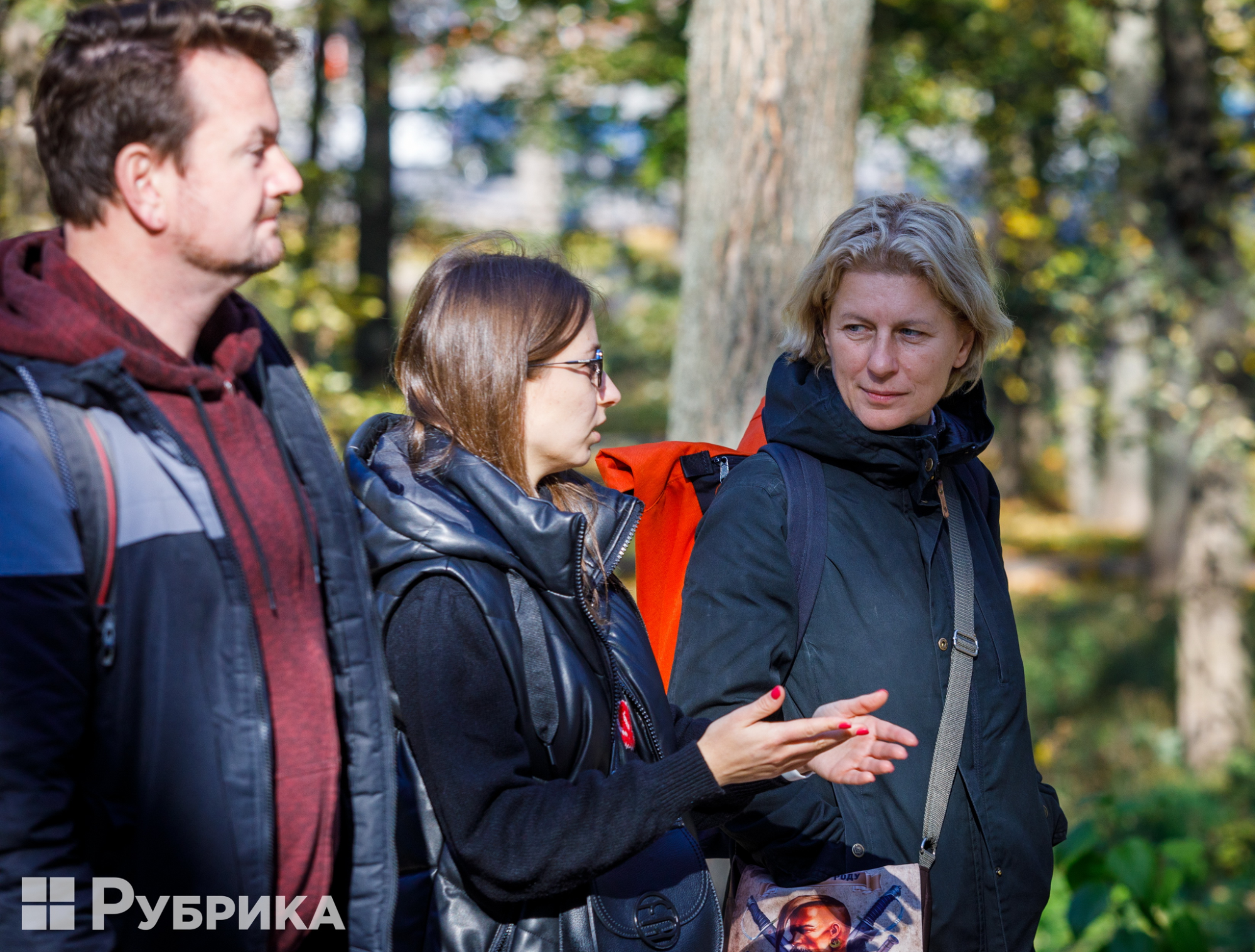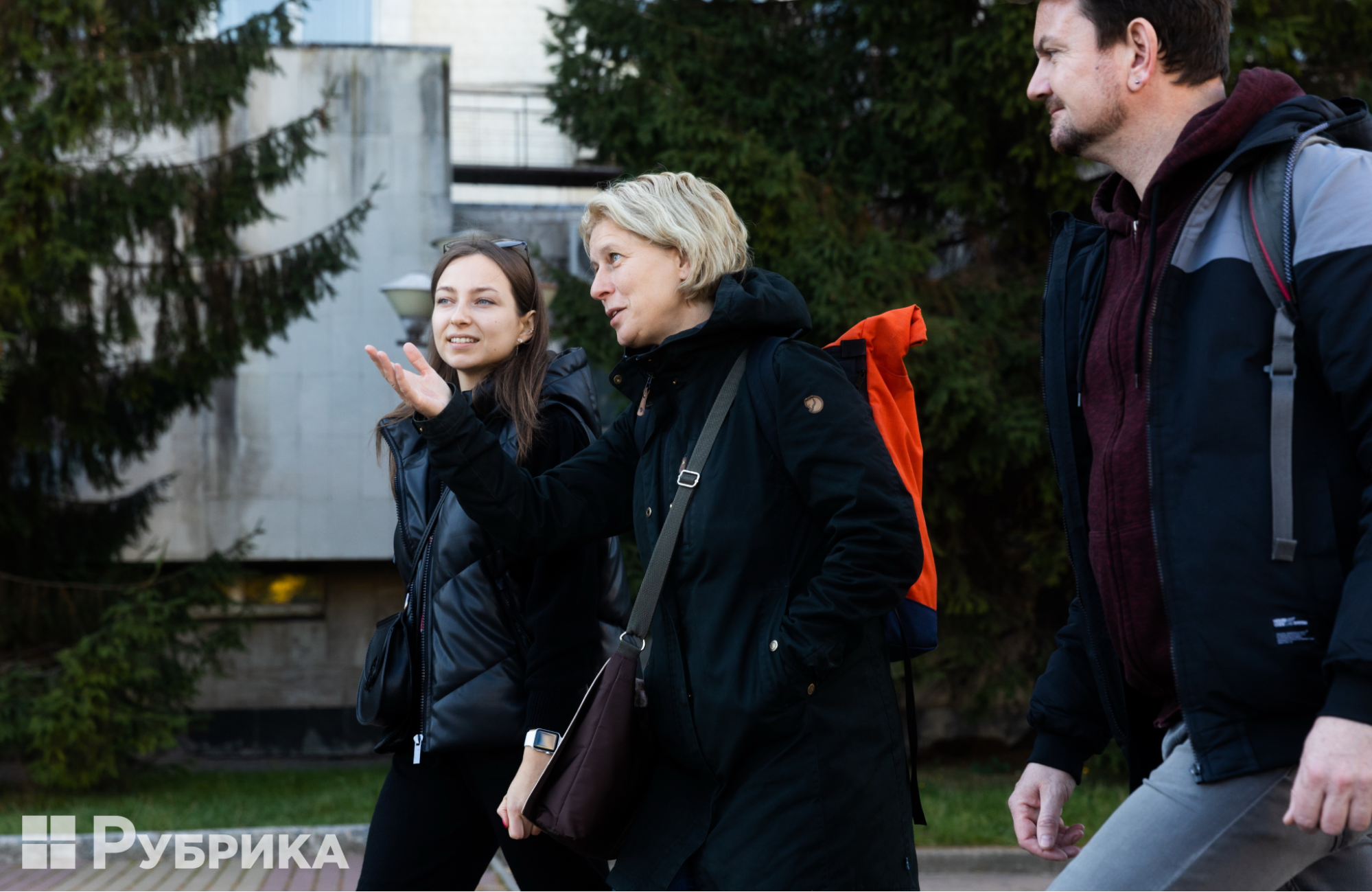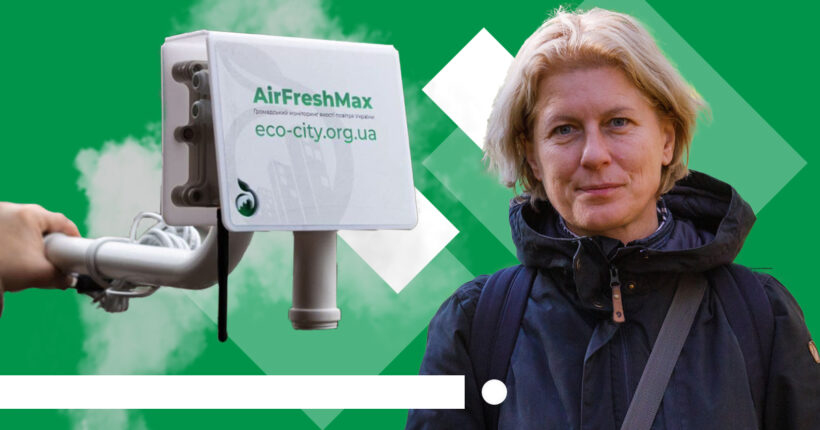
What is the problem?
Where would you learn about a chemical hazard or radiation threat if it suddenly happened during hostilities?
We're advised to listen to the official statements of the authorities, but there's a good chance that you will read about it first in one of the Telegram channels you're subscribed to.
And how do they learn about it? Ukraine has no single state system that currently publishes information for the population in real time about the state of radiation, chemical, or dust pollution.
What is the solution?
Every 10 minutes, you can get fresh air quality and safety info from Ecocity's public air monitoring network
Chances are that you've heard of Ecocity's public air monitoring system at least once—especially if you live in Kyiv. Usually, news portals refer to the system's data when they talk about the deterioration of the ecological situation in certain regions. The online portal has an interactive map with marked monitoring stations. You can choose the one closest to you and get air quality information in real-time (data is updated every 10 minutes) for the past 48 hours. It's a helpful feature, isn't it? Especially when there has been a debate among Kyiv residents for several years. Every autumn, they ask: is it smoke on the street or fog?
Using the map, you can find out if it's safe to go for a walk or research the air quality dynamics in the area where you will settle, for instance. The map presents data on the concentration of dust of various fractions in the air, temperature, humidity, and atmospheric pressure.
Most importantly, in the current conditions of a full-scale war, you can learn from the new stations the level of radiation safety and the content of ammonia and other poisonous substances that rise into the air in the event of a chemical attack.
Ecocity is not a state project but a public project within the Clean Air for Ukraine campaign, which has been supported by the Czech non-governmental organization Arnika since 2017. Today, in the absence of a quick notification system about environmental threats from the state, it is the only way to find out about chemical or radiation pollution in the here-and-now mode. Ecocity independently manufactures monitoring stations—this is their Ukrainian development. All new stations run on the proprietary Environment OS operating system.
Rubryka met with representatives of Arnika Martin Skalský and Marcela Černochová during their visit to Kyiv and received answers to the questions that interest us most of all.
How did it all start?
According to Martin, an Arnika expert, the organization started cooperating with Ukrainians in 2017 because of many partners and active public organizations in Kyiv and other regions.
Air pollution was one of the leading environmental problems before the full-scale war, as Ukraine has many old industrial enterprises concentrated in cities.
Another problem is that people live very close to such factories. According to statistics from the World Health Organization, Ukraine is one of the countries most polluted by industrial enterprises, and because of this, people have health problems.
"That's why we decided to help Ukraine solve this problem. In addition, many people in Mariupol, Zaporizhzhia, and Kryvyi Rih supported us in this. It was easy to find partners who would like to cooperate with us and receive help," Martin recalls.
Even during war, environmental problems continue to be solved.
Show must go on!
Martin and his colleague, coordinator of the Clean Air for Ukraine, Marcela Černochová, arrived on October 10. On this day, a new phase of the war began with the russians launching massive rocket attacks in almost all major cities of Ukraine.
"Our colleagues called and asked if we want to go to Ukraine under such conditions. And we answered: we are in constant contact with our Ukrainian colleagues, so it's time to meet in person. They need our support. Besides, we must show: despite all the shelling and destruction, we will not stop. The show must go on!" Marcela smiles. Courage and determination are visible in her eyes.
100 stations for clean air
Before the start of the full-scale war, the Ecocity network consisted of more than 700 monitoring stations. Czechs donated almost half of them to Ukrainian public organizations, activists, universities, and schools. Ukrainian organizations or proactive citizens bought the rest. Because of the war, many stations were destroyed, and some of the owners who maintained them left. Still, the network is being restored despite everything.
"When the war came, many stations were disabled. Before the war, the Ecocity network had approximately 300 continuously active stations, and in May of this year, only 195 were left. So, approximately 100 stations were destroyed, and we want to return them to Ukrainians so that they can receive information about the radiation background and chemical pollution. This is why we started our campaign in the Czech Republic to raise funds and purchase new stations for Ukraine," Marcela said.
Project also included pets: air monitoring stations are named after them
Since the start of the full-scale war, 40 stations have already been restored, and the new fundraising campaign, 100 Stations For Clean Air, began only two weeks ago, but money has already been raised for three new air monitoring stations.
"If you contribute and buy a new station, you can give it a name. I also contributed, bought a station, and named it after my dog Aslan," says Marcela.
Naming public monitoring stations after dogs is the new trend. The second station was named Copernicus. The organization named the third Stracata, each in honor of dogs. The campaign will continue for the next few months, so there is plenty of time to raise funds for the other 97 stations.
Will it work?
What can we learn from the Czech Republic's experience?
Air monitoring systems in Ukraine and the Czech Republic differ. In the Czech Republic, the network of air quality measurement stations is part of the state's environmental monitoring system, and public monitoring systems work as a supplement to it and provide only additional information. On the other hand, environmental monitoring systems are only being created in Ukraine.
"That's why we decided to support the work of our Ecocity partners, who manage the monitoring system of air quality measurement stations purchased by citizens, organizations, and other institutions," Marcela explains. "So this network replaces the non-existent 'official' monitoring."
"It is important for a state to have an environment quality monitoring system, and not only for air but also water resources," Martin adds. "Such a system requires large funds, as it's necessary to purchase many monitoring stations. The stations have to be checked and managed, so you need to train people in different regions of the country who will know what to do with these stations and have the appropriate equipment. The software also needs funds to collect, analyze and publish this data. The Czech Republic has a smaller territory than Ukraine. We are more 'compact.' We started this process 30 years ago, so our system works well now."
The Czech Republic has many monitoring stations. The Czech Hydrometeorological Institute carries out monitoring, and people can see information about the state of the environment on the official website State Emission Monitoring System. According to Martin, this system can be used as a model.
"Now Ukraine is only at the beginning of this path: you already have relevant decisions of the Cabinet of Ministers, but they have not yet been implemented. But you have to do it to become part of the European Union," he says.
Saving jobs but getting rid of harmful enterprises
Martin said that it was vital for Arnika to share its experience in the field of environmental monitoring with Ukrainians because, in reality, we have similar problems with the Czechs:
"Our country is much smaller, but we have the same problems because Ukraine and the Czech Republic are industrial countries: metallurgy, fossil fuel power plants, and other enterprises are located very close to cities. But now the Czech Republic is in the European Union, and all factories want to invest money in better technologies because it is impossible to meet EU standards if you pollute the environment. This is the difference: now we have a larger number of modernized enterprises, and we would like to transfer this experience to Ukraine. We want to show that it is possible to continue to be an industrial country and save jobs while having 'clean' and safe enterprises."
What happens next?
Super solution: Telegram bot with emergency notifications
Arnika continues to help Ukrainians quickly access air quality, radiation levels, and environmental safety information. The number of stations is increasing, and the network is growing. But how often do you go to the Ecocity website to check the air quality before leaving home?
Therefore, one of the planned projects is the creation of a Telegram bot, which has already started in Ukraine. Thanks to the bot, we'll be able to receive information automatically and more conveniently. You won't need to go to the website to check the air quality; if the environmental situation or danger deteriorates, you will receive a notification.
Will a state environmental quality monitoring system be created?
Arnika works not only with public organizations. In December last year, the activists discussed installing monitoring stations with state funds in Dnipro and Zaporizhzhia with Ukraine's Ministry of Ecology. The process was put on hold due to the war. But Marcela stressed that the Ministry is interested in the data provided by Ecocity and cooperation and is already using the network's information. The bad news: bureaucracy affects project development. According to Marcela and Martin, Arnika continues to work on network development, increasing the number and quality of stations:
"We have two plans: the first is short and calculated for the time that the war lasts (and we hope it will be a short time) and a long-term plan. The first is to protect the population and establish stations that let people know about radiation and chemical safety. The second, long-term plan also provides for installing air monitoring stations because even in peacetime, people need to know what they are breathing," Marcela shares.
How many cities will have installed monitoring stations measuring radiation and chemical safety? This is a question of how many resources it will be possible to attract, Marcela says.
Arnika already cooperates with municipalities and other institutions of Dnipro, Zaporizhzhia, Vinnytsia, Lutsk, Kremenchuk, Rivne Region, and Poltava Region and is still looking for partners interested in creating a modern European-style environmental monitoring system that will bring us closer to membership in the European Union.


